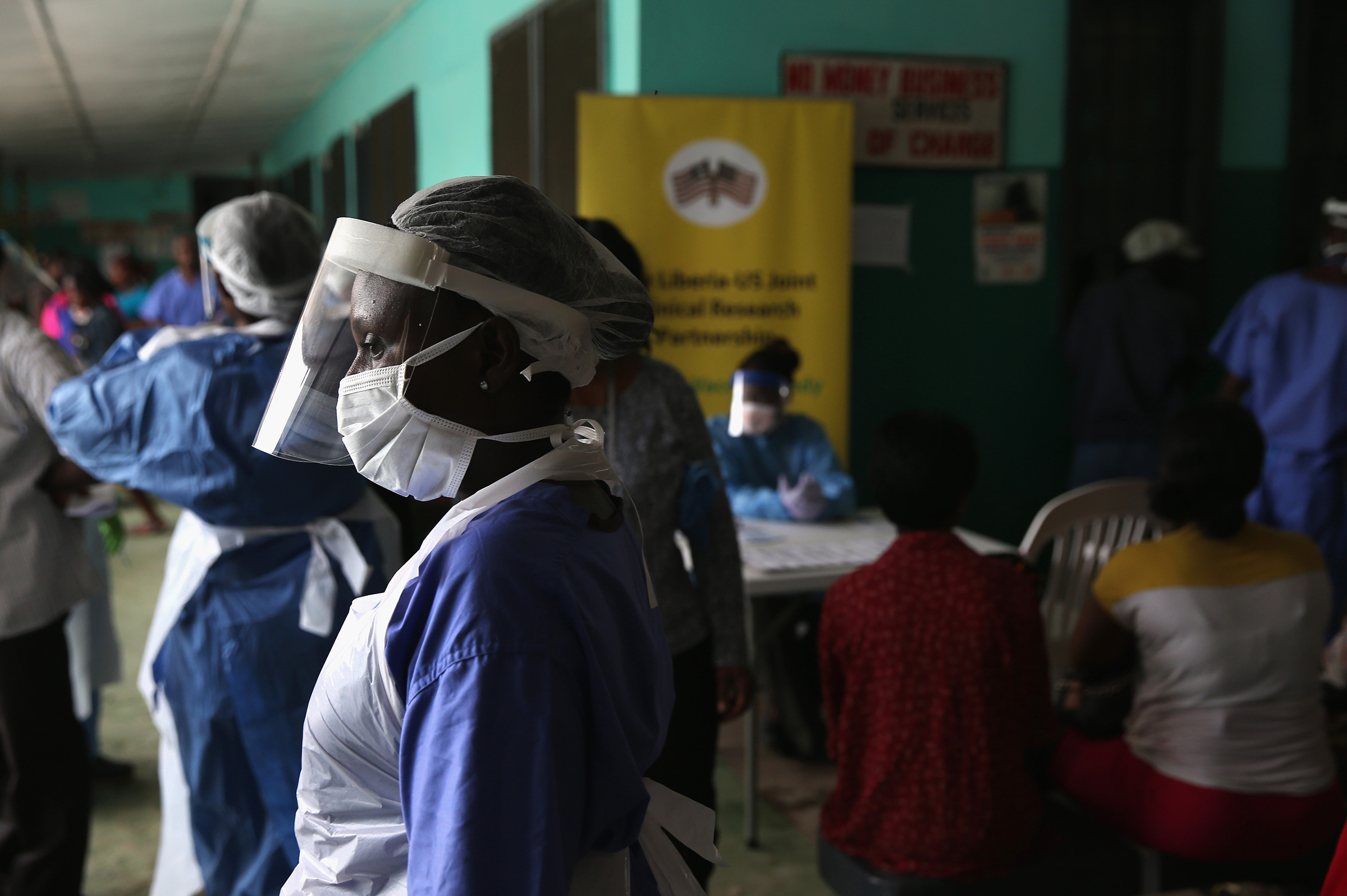
Illness is universal, health care is not. Over half of the world’s 7.3 billion people, including 1 billion in rural communities, lack access to health care. Approximately 13 million children still go without a single dose of any vaccine. Nearly 9 million newborns, children and mothers still die each year from preventable or treatable conditions.
Compounding this crisis is a massive health-worker shortage, forecast to grow to 18 million by 2030. Training more doctors is necessary, but because doctors are concentrated in cities, they alone are insufficient to close this gap. What if the residents of rural communities–even those without a high school degree–could become a vital part of our health care team?
I recently visited Ruth Tarr in an isolated community in Liberia, the country where I was born and have worked with my team at Last Mile Health for 12 years. In sixth grade, Ruth was forced to drop out of school because her parents could no longer afford it. As an adult, she could not find work–until 2016, when she was hired as a community health worker. Over a few weeks, a nurse trained Ruth, equipped her with medicine and supplies–like a handheld test for malaria, antibiotics to treat pneumonia, and contraceptives–and gave her a smartphone with video lessons on topics like assessing a child for malnutrition. Ruth now serves the daily health needs of her neighbors. When a patient has a condition Ruth can’t care for–like a patient we diagnosed with a damaged heart valve from rheumatic heart disease–she works with outreach nurses to refer her to a network of clinics and hospitals.
Community health workers save lives. A few years ago, when Ebola was spreading like wildfire across West Africa, community health workers teamed up with nurses to go door-to-door to bring patients into care. Later, Liberia’s government created a national program to put a community health worker in every rural community. Those workers have now identified over 4,000 potential epidemic events, improved vaccination coverage and increased the rate of children receiving medical care by over 50%. Community health workers also lower health care costs. One of every three children with malaria is now diagnosed and treated at home, avoiding expensive hospitalization. For every $1 a country invests in community health workers, $10 is returned to society.
Liberia is not alone. In September, 15 countries made commitments to invest in community health workers. If this were scaled globally, 3 million deaths could be prevented each year. We’ve built an online academy through which anyone, anywhere, can learn to create similar programs in their own regions. Americans enrolled in the academy are sharing lessons from places like rural Alaska, where community health workers are caring for patients with diabetes, opioid addiction and dental cavities, who were previously out of reach.
But to realize this future of health for all, we must confront an injustice. Though Ruth is an exception, most community health workers remain unpaid. A recent World Health Organization report found that the poorest women in the world subsidize health care with their unpaid work to the tune of $1 trillion–a figure that’s larger than the economies of over 150 countries. As a doctor, I’m not expected to go without fair pay for my work, so why aren’t community health workers paid fairly for theirs?
Now is the time to join arms with people like Ruth and demand our governments invest in community health workers. In her speech at last year’s Global Conference on Primary Health Care, Ruth recast her childhood dream: “Because I am paid, I feel proud. I am saving for my daughter’s education … I have a dream that one day I will finish my high school education and become a professional nurse.” It is possible to realize Ruth’s dream and bring modern medical care within reach of every last family. No person has to be left behind if we’re willing to go as far as it takes.
Panjabi is the CEO of Last Mile Health and an assistant professor at Harvard Medical School. He is a 2016 TIME 100 honoree
More Must-Reads from TIME
- Cybersecurity Experts Are Sounding the Alarm on DOGE
- Meet the 2025 Women of the Year
- The Harsh Truth About Disability Inclusion
- Why Do More Young Adults Have Cancer?
- Colman Domingo Leads With Radical Love
- How to Get Better at Doing Things Alone
- Michelle Zauner Stares Down the Darkness
Contact us at letters@time.com